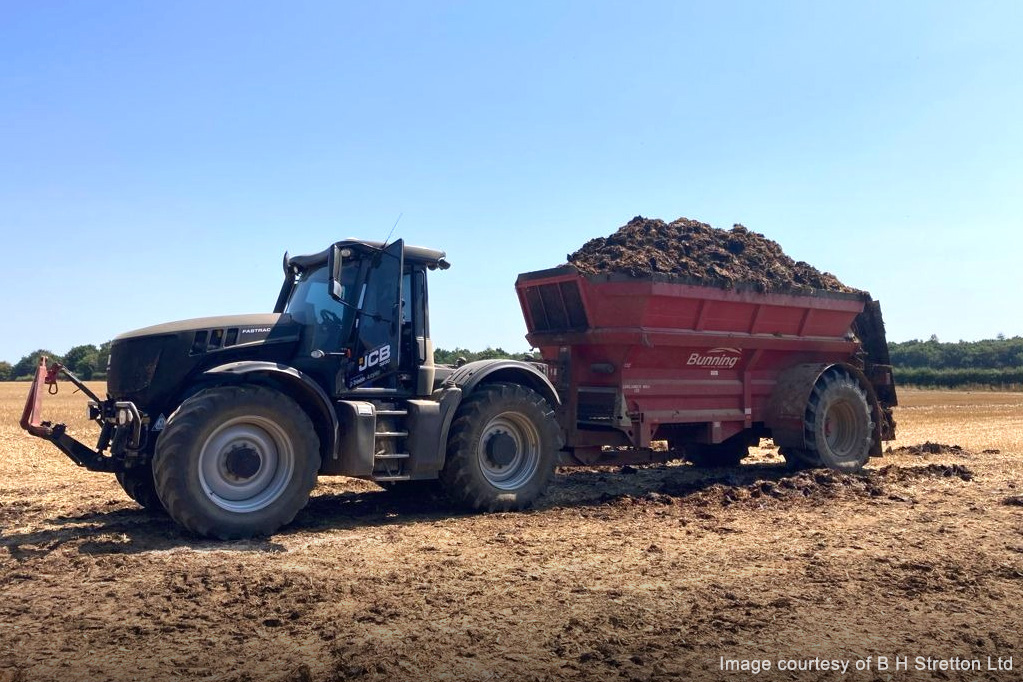On 25 August, the Environment Agency published a new regulatory position statement (RPS 25) advising farmers and landowners on spreading organic manure this autumn. This has recently been relaxed, but a prior announcement led to concern as it meant almost all organic manure application would be banned during the coming season.
The recent relaxation will enable applications to crops this autumn, providing all other Farming Rules for Water (FRfW) are adhered too. The relaxation will now run until 1 March 2022.
The FRfW should not be confused with the rules for Nitrate Vulnerable Zones (NVZs). The FRfW apply to all farms where organic manure is spread, as has been the case since they were introduced in November 2017.
A recent review by Defra determined that water quality is not improving. Therefore the Environment Agency is more likely to take action to enforce the rules. A greater emphasis has now been placed on scrutinising organic manure spreading (livestock manures and slurry, digestate and biosolids).
We would advise farmers to refresh their understanding of the rules – particularly if you intend to apply organic manure this autum. The notes below and the FRfW policy document will help.
Your planning for autumn 2021 will have started, but longer-term planning will also be required for farms that traditionally spread organic manure. The relaxation will be removed in March 2022, so long-term planning is especially important if you produce livestock manure and need to store it for significant periods.
Key points from the new rules
- FRfW Rule 1 has requirement for planning nutrient application of organic materials (livestock manures, slurries, digestate and biosolids) and manufactured fertiliser to crops, taking into account risks to water from N and P.
- The Rules apply across the whole of England. Those in a NVZ should also follow the additional NVZ requirements. There should be proactive management of all crop nutrients on farms to avoid losses to water, and air (as ammonia and nitrous oxide).
- Mitigation action must be taken where there is a significant risk to water. This may include reviewing the need for organic material, adjustment of application rates, considering alternative fields or even export of manure.
- Organic materials applied as a means of disposal, rather than as part of a crop-nutrient management plan based on crop and soil needs, will be in breach of the rules.
- The decision-making process on whether to apply organic material and or manufactured fertiliser should be a transparent part of manure-and-nutrient management planning.
- A nutrient-management plan should take account of crop need, manure type, its N and P content, rate of application, soil type and nutrient indices, and weather forecast at the time of application.

